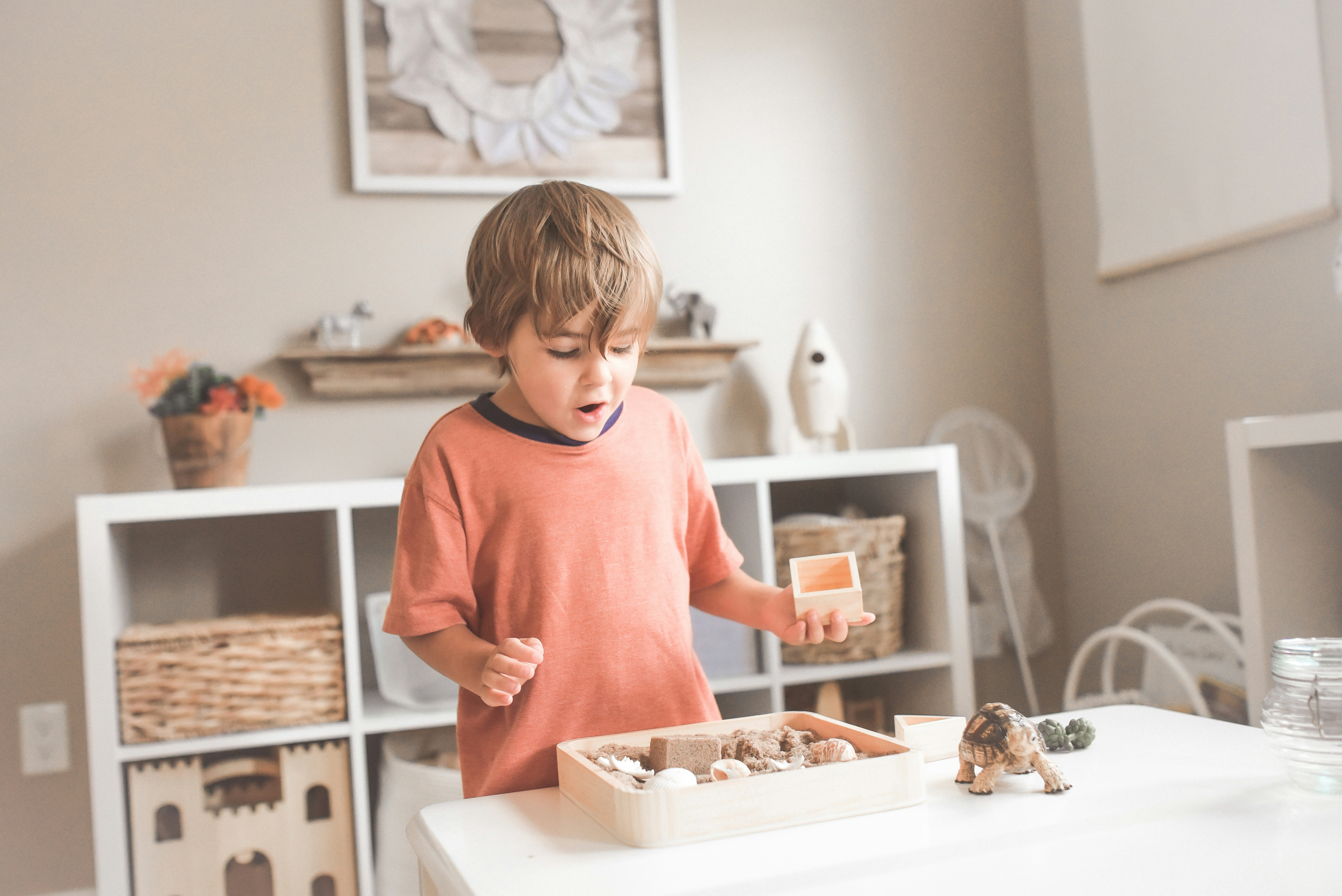For parents juggling family life, work, school pressures, and the swirl of expectations around modern motherhood, Brené’s ideas offer something grounding: you don’t need to be a perfect parent — you just need to be a connected one.
Here are five of Brené Brown’s most powerful parenting principles.
1. Connection Comes Before Correction
One of Brené’s core messages is that children respond best when they feel seen and understood. Before we jump into telling off, teaching, or troubleshooting, our children need emotional connection.
Try this:
- When your child has a meltdown, get on their level and say: “I’m here. Tell me what’s going on.”
- When correcting behaviour, reinforce your relationship first:
“I love you. Let’s talk about what happened.”
Why it matters:
Kids learn better when they feel emotionally safe. It transforms discipline from punishment into teaching.
2. Model Vulnerability — Don’t Hide It
Many parents grew up with “put on a brave face” messaging, but Brené’s research shows children thrive when parents are appropriately honest about real emotions.
How it sounds in practice:
- “I’m feeling a bit stressed today, so I might need a bit of quiet time, okay?”
- “I made a mistake earlier and I’m going to apologise for it.”
Why it matters:
Children learn how to handle their emotions by watching how we handle ours. Showing vulnerability teaches them courage, not weakness.
3. Use the “Marble Jar” Theory for Building Trust
Brené uses the metaphor of a marble jar to explain trust as shown in a recent episode of 'The Diary of a CEO' podcast— each small moment of kindness, consistency, and honesty adds a “marble”. It’s not built from grand gestures.
https://www.instagram.com/p/DQpIryxjSZO/?utm_source=ig_embed&utm_campaign=embed_video_watch_again
For parents, that means:
- Keeping small promises (“I’ll be there after school, I promise.”)
- Listening properly when your child wants to talk
- Saying “thank you” and “I’m sorry” genuinely
Why it matters:
It’s the little moments — the school run chats, bedtime cuddles, shared routines — that shape our child’s sense of safety.
4. Encourage Authenticity, Not Perfection
Brené’s work shows that perfectionism is rooted in fear — fear of judgement, fear of failing, fear of not being enough. And children are soaking up the messages we give them about success, worthiness and mistakes.
Try shifting the focus from:
- “Did you get it right?”
to - “How did you feel doing it?”
- “What did you learn?”
- “What part made you proud of yourself?”
Why it matters:
Children who feel safe to be themselves grow into adults who trust themselves. They take healthy risks, speak up, and live more fully.
5. Normalise Talking About Feelings
Brené’s research reveals that emotional literacy — knowing how to name and express feelings — is one of the greatest predictors of resilience.
Ways to build this at home:
- Have a simple “feelings check-in” at dinner or bedtime.
- Use books or TV moments to label emotions: “How do you think he felt then?”
- Encourage phrases like “I feel…”, “I need…”, “I’m finding this hard because…”
Why it matters:
Children who can identify and express feelings cope better with challenges, friendships, school stress and conflict.
A Final Thought for Parents
British parenting culture has often swung between “keep calm and carry on” stoicism and today’s pressure to be endlessly patient, creative, and emotionally available. Brené Brown offers a gentler middle ground:
Parenting isn’t about being perfect — it’s about being present, real, and responsive.
If you’re trying to conceive (TTC), you probably know that there are certain foods and nutrients that become especially important once you’re pregnant. But nutrition plays a vital role even when trying to conceive, much like laying a strong foundation before constructing a house.
Certain nutrients create that foundation by supporting egg and sperm health (yes, nutrition matters for both partners), hormone balance and creating a hospitable environment for a fertilized egg to implant. In fact, studies show that certain nutrients can help increase fertility and improve success rates for both natural conception and fertility treatments.
In other words, nutrition is a key player in the TTC journey, but getting the right nutrients in the right quantities can be tricky. That’s where supplements come in. Just as you’d take a multivitamin to fill in nutritional gaps for optimal health, fertility supplements can give you that extra nutrient boost.
Choosing supplements for your fertility journey
When choosing a supplement to support your fertility journey, look for science-backed, high-quality ingredients. Our editors are careful to select and partner with brands that use ingredients that have been clinically studied to support fertility. Eu Natural® (pronounced you) covers all those bases and more. We love knowing that Eu Natural® products contain zero artificial additives, binders, or fillers and are lab-tested to ensure purity and potency.

When choosing a supplement to support your fertility journey, look for science-backed, high-quality ingredients. Our editors are careful to select and partner with brands that use ingredients that have been clinically studied to support fertility. Eu Natural® (pronounced you) covers all those bases and more. We love knowing that Eu Natural® products contain zero artificial additives, binders, or fillers and are lab-tested to ensure purity and potency.





.jpg)

.png)
.jpg)

%20copy-min.jpeg)


